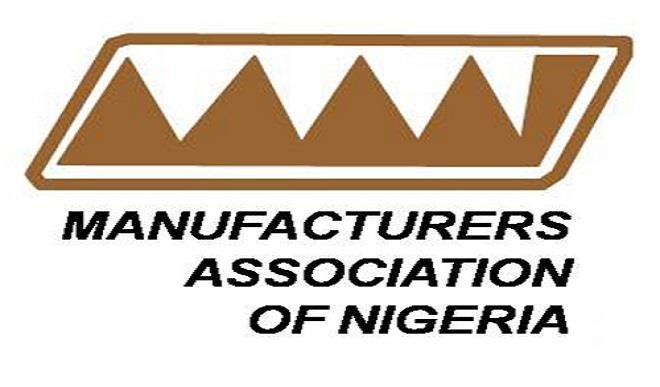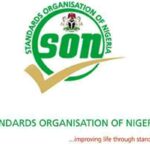The Manufacturers Association of Nigeria (MAN) yesterday faulted the recent increase in the Monetary Policy Rate (MPR), saying the strategy of raising rate regularly has not yielded positive results.
Daily Trust reports that the Central Bank of Nigeria (CBN) recently increased the MPR to 26.25 per cent from 24.75 for the third time in less than three months.
Speaking during the presentation of the association’s CEO’s Confidence Index (MCCI), held yesterday, the association’s president, Otunba Francis Meshioye, commended Monetary Policy Committee (MPC)’s effort in confronting the economic challenges facing the country, urging the committee to evaluate the impact of the rate hike on the real sector.
MAN spoke just as the Managing Director of Coleman Technical Industries Limited, George Onafowokan, said the rate hike is a challenge to manufacturers.
- Oil wealth not enough for Nigeria’s economic development—Sanusi
- NNPCL, partners sign pact on EV charging centres
“While MAN understands the reason behind the MPC’s decision, it is crucial for the committee to thoroughly assess the potential impact on the real sector and the multiplier effect on the nation.
“It is notable that the strategy of raising the Monetary Policy Rate (MPR) has persisted for nearly two years without yielding positive results,” he said.
He expressed worry over the financial burden on manufacturers, advising the CBN to explore alternative measures in mitigating the underlying causes of inflation, primarily cost-push factors.
“The Nigerian economy has encountered significant challenges in recent years, including foreign exchange volatility, escalating energy costs, and food insecurity.
“These challenges have intensified inflationary pressures, adversely impacting consumers’ purchasing power and impeding the growth of the manufacturing sector. Consequently, production levels have declined, leading to reduced competitiveness within the industry” he added.
He urged the CBN to accelerate the proposed recapitalisation of the banking sector, to also prioritise forex and credit allocation to the manufacturers to bolster the growth of manufacturers.
The Coleman boss in an interview yesterday warned that the hike will lead to higher borrowing costs, ultimately escalating the cost of funds and manufacturing.
He emphasised the need for a balanced approach, as increased interest rates reduce spending and borrowing, thereby curbing inflation but also decreasing demand for goods and foreign exchange.
While reacting to these challenges, he called for government interventions and incentives aimed at stimulating the manufacturing sector. He suggested measures such as adjusting interest rates or reducing certain duties to mitigate the impact of the rate hike.
He urged the government to implement tangible measures to ease the burden on manufacturers and drive economic progress, highlighting the ongoing stress and challenges faced by businesses in Nigeria’s current economic climate.

 Join Daily Trust WhatsApp Community For Quick Access To News and Happenings Around You.
Join Daily Trust WhatsApp Community For Quick Access To News and Happenings Around You.


